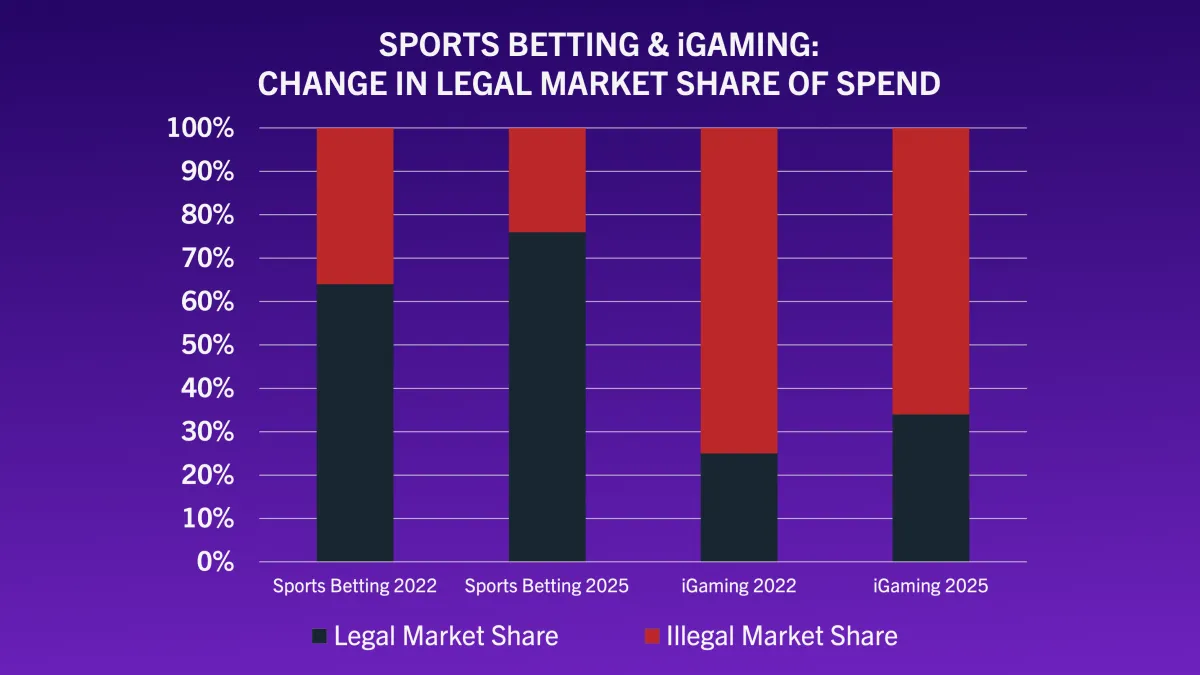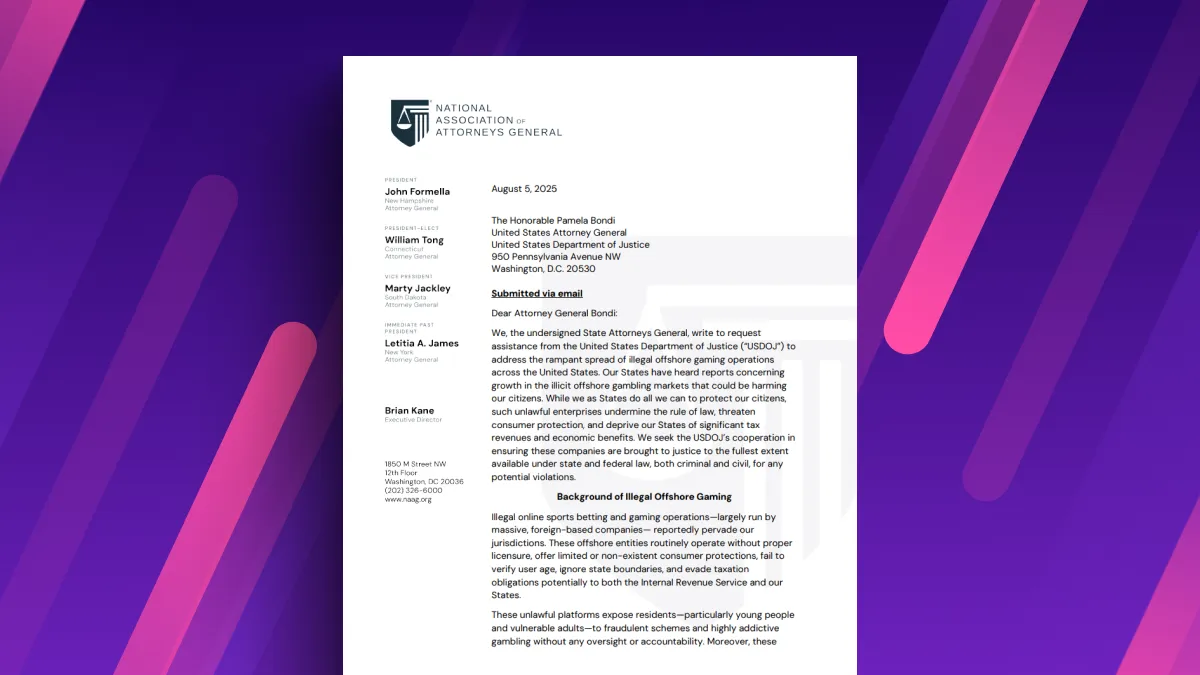AI in Gambling: Exploring the Technology’s Promise and Pitfalls

1.0
Default
A University of Florida researcher named Nasim Binesh, Ph.D., M.B.A., and an assistant professor at the College of Health & Human Performance, has published a study on the ethics and risks of the use of Artificial Intelligence in gambling. She said, for example, that AI systems could potentially be used to target problem gamblers who are vulnerable to addiction. The study calls for AI guidelines that would help rather than harm the gambling industry as a whole.
With the 2025 World Series of Poker kicking off in Las Vegas this past May 27, excitement is mounting among players and fans. But alongside the anticipation, a deeper and more urgent conversation is taking place - one that examines the increasing role of artificial intelligence (AI) in gambling and the ethical concerns it raises.
According to forecasts, the global gambling industry is expected to top $876 billion by the year 2026. This growth is fueled in part by technological innovation, including AI, which is now widely used in online gambling, sports betting, and even traditional casinos. Yet while AI offers powerful tools for enhancing user experiences and optimizing operations, it also poses serious ethical risks - particularly when it comes to protecting vulnerable gamblers.
UF researcher raises the alarm
Nasim Binesh, Ph.D., M.B.A., an assistant professor in the University of Florida’s College of Health & Human Performance, is at the forefront of this issue. In a recent study published in the International Journal of Hospitality & Tourism Administration, Binesh and co-author Kasra Ghaharian, Ph.D., of the University of Nevada, Las Vegas, examine how AI is being used in the gambling sector - and why greater oversight is urgently needed.
“AI systems, which are designed to optimize profit, could identify and target players susceptible to addiction, pushing them deeper into harmful behaviors,” Binesh warned. This concern is heightened by the fact that few regulations currently exist that specifically govern AI use in gambling. Though frameworks like the US Blueprint for an AI Bill of Rights and the European Union’s AI Act offer general AI guidelines, they are not tailored to the unique dynamics of the gambling industry.
Industry begins to respond
Some steps are being taken. In March, the International Gaming Standards Association’s Ethical AI Standards Committee announced plans to develop a framework for best practices to help regulators better understand AI’s role in gambling. This initiative signals growing recognition within the industry that unchecked AI use could backfire - both ethically and commercially. “The potential for AI to exacerbate gambling harms and exploit vulnerable individuals is a stark reality that demands immediate and informed action,” emphasized Binesh.
In their study, Binesh and Ghaharian outline a roadmap for ethically responsible AI in gambling. Key recommendations include:
- Independent audits of AI systems to assess compliance with ethical standards
- Training for AI developers focused on at-risk populations
- Ensuring AI-generated decisions are transparent and understandable to users
- Full disclosure of how user data is collected and used.
The researchers also note that AI has the potential to serve as a protective force. It can be used to detect early signs of gambling addiction, flag potential fraud, and even recognize cheating. However, the dual-use nature of AI makes regulation essential.
“AI’s potential to enhance consumer protection by identifying at-risk behaviors and intervening appropriately is well acknowledged,” said Binesh. “Yet, without regulation, these technologies could be underused or misapplied, missing critical interventions and failing to mitigate harms.”
Balancing innovation and responsibility
Looking ahead, Binesh plans to continue her research into how AI can detect early markers of gambling harm, including behavioral cues from social media and other data sources. She cautions, however, that a lack of regulatory clarity could ultimately inhibit progress. “Ironically, the lack of AI regulation could stifle the very innovation it seeks to foster,” she said. “Ethical controversies and backlash against these unregulated practices might lead to more restrictive policies and hinder AI advancement.”
As AI continues to reshape the world of gambling, Binesh’s work highlights a critical need: balancing technological innovation with robust ethical oversight. For the industry to thrive sustainably, protecting players must be as much a priority as profit.




















